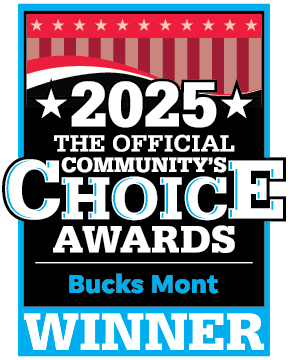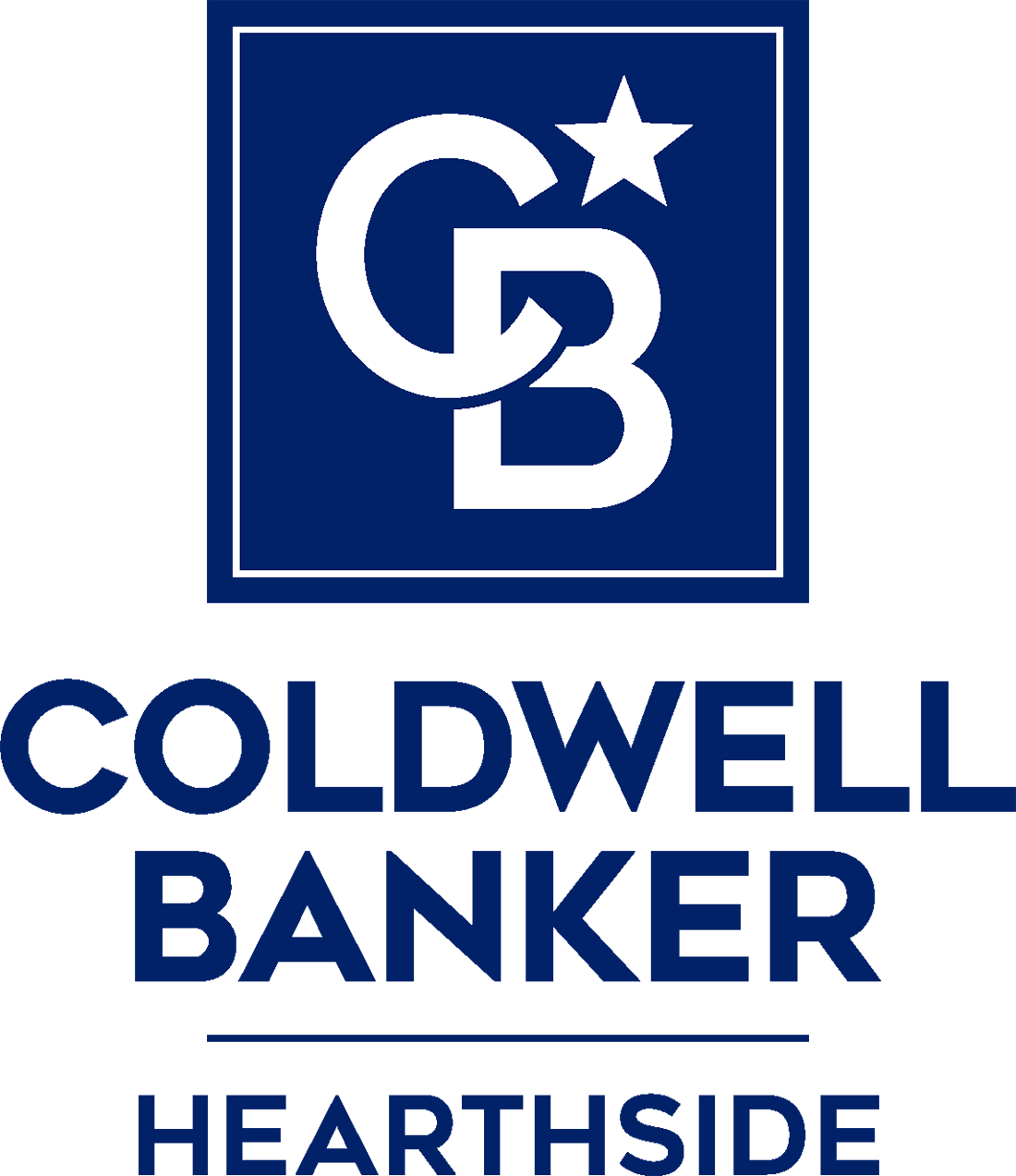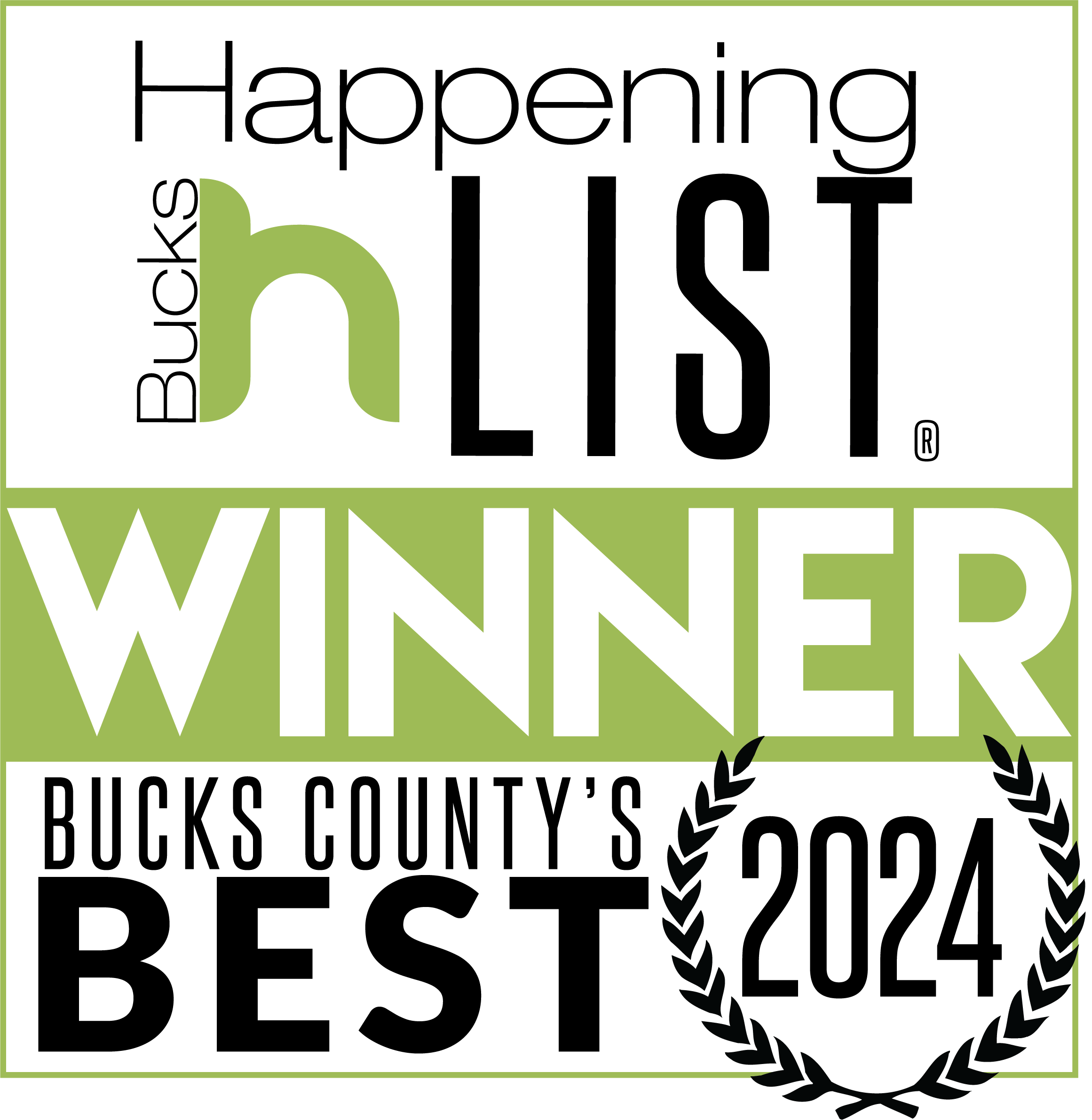Beyond the Mortgage: Budgeting for Housing Costs
When you get a mortgage, your lender verifies that you can cover the principal and interest each month. Typically, they look at your income, existing debt (outside of a mortgage if your new home will replace it), and the ratio between the two. Lenders also consider other factors like your length of income and employment and may even do a credit check.
Also, when you borrow money to buy a house, the lender requires you to have homeowner’s insurance, which usually goes into an escrow account. The lender-required insurance and property taxes become part of your monthly payment.
So far, these basic costs are likely no surprise. If a lender approves you for a mortgage, in their eyes, you can afford the home and the insurance that goes with it. The problem is that there are many things lenders don’t consider that you should before you close on a new home.
Before you start house hunting, keep these nine hidden costs of home ownership in mind.
1. Furnishing Your New Home
If you already have furniture and you’re buying a smaller or similarly-sized home, you may not have too many costs in this area. However, the typical trend is when people purchase a new place, they get new furniture and decor to go along with it.
If you’re buying your first home or a bigger house, you might need to purchase pieces sooner rather than later. This technically isn’t a necessity, but it’s a reality, so be aware of the costs you could incur.
2. Ongoing Home Maintenance
Houses need constant care to keep them in good condition and functioning well. Don’t forget to include costs for things like cleaning, painting, landscaping, and servicing important mechanical components, like the HVAC system. Check out our more in-depth blog about home maintenance costs, HERE!
3. Cost of Utilities
When you live in a home, you also want to heat it, cool it, use the bathroom, and take a shower. If you don’t pay your utility bills, you won’t get to enjoy any of these conveniences, so plan accordingly.
The previous homeowners can provide you with a rough estimate of utility costs, but remember the amount depends on your lifestyle, too. In addition to basic utilities, consider the cost of the internet in your new home.
4. Type of Interest Rate
If you get a fixed interest rate, then your principal and interest payment remains the same for the life of the loan. This doesn’t count escrow balances and could change if you refinance. However, if your loan has a variable interest rate or an ARM, expect the rate to rise eventually, bumping up your monthly payment.
5. HOA Fees
If you buy a property that’s part of a Homeowners Association, you’ll get hit with monthly HOA fees. These fees cover the upkeep of exterior elements, shared spaces, and various services.
Depending on where you live, these fees could add anywhere from $50 to over $1,000 to your monthly bill. Also, the HOA may sometimes collect special assessments for upcoming large projects like a new roof, meaning your fees will go up for a period.
6. Insurance Increases
Your lender usually rolls your insurance premiums into your monthly payment. But basic homeowner’s insurance doesn’t cover everything. Review your homeowner’s policy closely to see if there are any gaps in coverage.
You may need to fill in these gaps with additional insurance. If you decide to get additional coverage, like flood or earthquake policies, you typically pay the insurance company directly. The other facet of insurance you need to plan for is the deductible.
Deductibles are usually reciprocal to premiums, meaning the higher the premium, the lower your deductible and vice versa. You could spend hundreds or thousands of dollars out of your pocket if something happens before insurance kicks in.
7. Property Tax Bumps
Property taxes also tend to drive up monthly payments. Taxes tend to increase yearly or every few years after county assessors evaluate your property.
The increase can vary depending on where you live and home values in your area. If you make improvements to your home, it also can increase your property taxes. Make sure you’re taking advantage of homestead exemption opportunities if any are available to you.
8. House Purchasing Costs
In addition to these costs of owning a home, don’t forget about the extra costs you incur when purchasing a property. Consider the down payment, appraisal costs, home inspection fees, and your initial interest rate.
All of these factors determine how much money you need to have before you can purchase your home. Furthermore, several of them influence what your monthly payment will be.
Tips for Handling Housing Costs
Set up a high-yield savings account to use as your house fund. Each month put a specified amount aside into this account where it earns interest and is ready for when you need it.
When considering home prices, keep this rule of thumb in mind regarding repairs and maintenance. Aim to save two to four percent of your home’s value yearly for upkeep, leaning closer to the higher end for an older home or fixer-upper. Take your final figure, divide it by 12, and this is the amount you should add to your account each month.
For example, imagine your home is worth $300,000 and is in good condition, so you decide to allocate three percent to your house fund. Divide $9,000 (300,000/.03) by 12, and you find you should save $750 each month to handle maintenance and repairs.
If your insurance and property taxes aren’t part of your monthly payment because of escrow, you also need to prepare for these costs. If you pay them annually, divide the total by 12 (if you pay semi-annually divide by 6 and so on) and add this amount to your monthly house savings.
Keep in mind that these savings are for regular maintenance and necessary expenses and repairs. If you’re planning to remodel your bathroom, that’s a separate fund.
Confident Homeownership
While buying a home comes with its fair share of challenges and hidden costs, it’s also one of the most rewarding investments you can make. By planning ahead and budgeting for the full scope of homeownership, you can feel confident in your decision and enjoy the stability and pride that comes with owning your own place. Remember, the key to long-term success is understanding the financial landscape and being prepared for those unexpected expenses. With careful planning, your dream home can truly become your reality.

 Facebook
Facebook
 X
X
 Pinterest
Pinterest
 Copy Link
Copy Link






